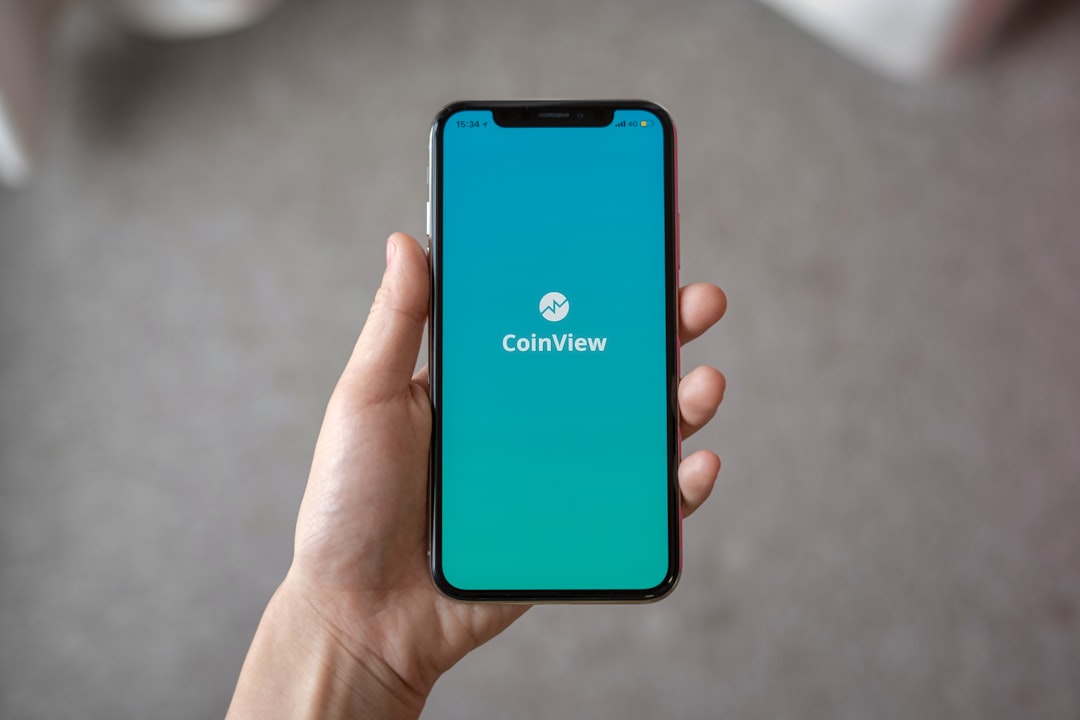West Virginia residents benefit from the Spam Call Law, which targets unwanted phone calls. A specialized spam call lawyer is vital for compliance and legal action against violators. Weirtons offers a comprehensive strategy combining education, technology, and legal advice to protect individuals and businesses from intrusive spam calling activities while ensuring adherence to West Virginia's Spam Call law.
In the digital age, unwanted calls remain a persistent nuisance for both law firms and their clients. The Spam Call Law in West Virginia offers much-needed relief by setting boundaries and penalties for violators. This article explores the profound impact of these calls on legal professionals and their customers, presenting Weirtons’ comprehensive strategy to combat them. We’ll delve into effective call management tactics, highlighting how law firms can protect themselves and their clients under the Spam Call law in West Virginia.
Understanding the Spam Call Law in West Virginia

In West Virginia, the fight against unwanted phone calls has been strengthened by the implementation of the Spam Call Law. This legislation is designed to protect residents from intrusive and nuisance calls, especially those originating from telemarketing or advertising firms. The law firm specializing in Spam Call cases in West Virginia plays a vital role in ensuring compliance and providing recourse for affected individuals.
Under this law, businesses are prohibited from making automated, prerecorded, or artificial voice calls to West Virginia residents without their prior express consent. Any violation can result in significant fines and legal repercussions. A spam call lawyer in West Virginia assists clients in navigating these regulations, helping them understand their rights and take appropriate actions against violators. This includes filing complaints, seeking damages, and representing clients in court if necessary.
Impact of Unwanted Calls on Law Firms and Clients

Unwanted calls, often referred to as spam calls, pose a significant challenge for both law firms and their clients in West Virginia. These persistent and often unsolicited communications can disrupt workflows, waste valuable time, and create a negative perception of legal services. For law firms, the impact is multifaceted; besides causing frustration and distraction, these calls may lead to decreased productivity, increased operational costs, and potential breaches of client confidentiality.
For clients, the consequences are equally concerning. Unwanted calls can be intrusive, leading to stress and anxiety, especially when they disrupt personal time. Moreover, they may erode trust in legal professionals, as clients might perceive these calls as a lack of respect for their privacy and autonomy. In light of these issues, effectively managing and reducing spam calls is crucial for maintaining a healthy and professional relationship between law firms and their clientele.
Weirtons Strategy: A Comprehensive Approach

Weirtons Strategy for Reducing Unwanted Calls takes a comprehensive approach, addressing the complex issue of spam calls head-on. In today’s digital era, where phone numbers are easily accessible, law firms in West Virginia, like Weirtons, recognize the impact of intrusive and unwanted calls on businesses and individuals alike. Their strategy involves a multi-faceted method to mitigate this growing concern.
First, Weirtons emphasizes education and awareness, empowering clients with knowledge about spam call laws and best practices to avoid becoming a source of such calls. They also implement robust technology solutions, employing advanced call blocking systems and customer relationship management (CRM) tools to filter out spam attempts efficiently. Additionally, the firm offers tailored legal advice and representation to address any violations or disputes related to spam calling activities, ensuring clients’ rights are protected under the Spam Call law in West Virginia.
Implementing Effective Call Management Tactics

In the age of relentless spam calls, especially targeting West Virginia law firms, effective call management becomes a strategic necessity. Firms can significantly reduce unwanted inbound calls by implementing robust tactics. One proven method is to invest in automated call screening systems that employ artificial intelligence to identify and block spam calls before they reach their destination. These systems learn from patterns and user feedback, continually refining their ability to filter out nuisance callers.
Additionally, prioritizing and scheduling calls can make a significant difference. Law firms should establish clear guidelines for call reception, ensuring that only authorized personnel handle client communications. Using call routing and queue management software allows for efficient distribution of incoming calls, minimizing the time legal professionals spend on non-essential conversations. By combining these tactical approaches, West Virginia law firms can create a more productive and peaceful working environment while adhering to the Spam Call laws in place.






